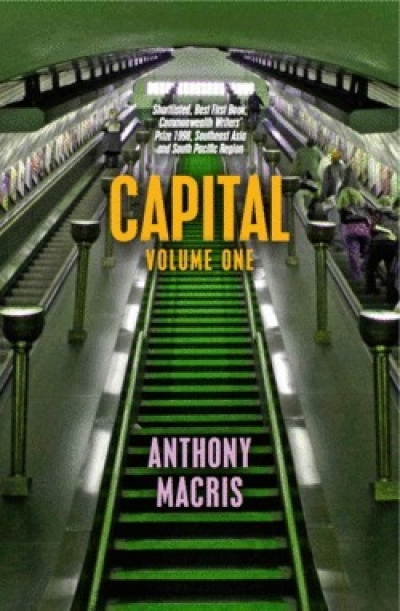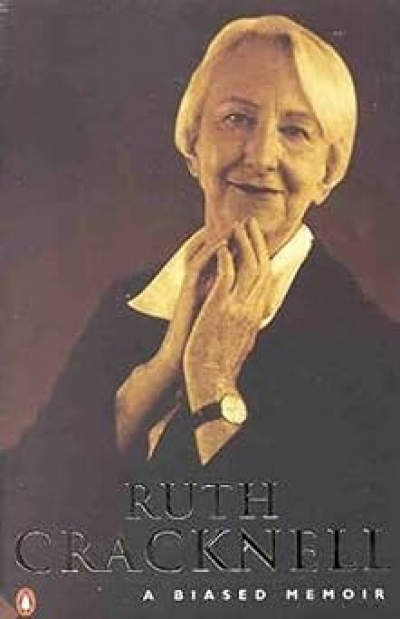Archive
Confessions of an S&M Virgin by Linda Jaivin
Dear Editor,
As the convenor of the conference ‘The Public, the Intellectuals and the Public Intellectual’ (La Trobe University, May 1996), and as co-editor of the collection of essays, Intellectuals and Publics: Essays on Cultural Theory and Practice, I have followed the discussion generated by the publication of Mark Davis’s book Gangland with great interest. Besides a certain repetitiveness of some of the pieces comprising the symposium featured in the last issue of ABR, I found that discussion much more relaxed than the somewhat visceral and even hysterical responses filling the pages of Australian newspapers days after Gangland was released. Incidentally, it was good editorial vision to combine the symposium on gatekeeping with two related and important essays, ‘Literary Authority’ by Ivor Indyk and ‘The Role of the Critic’ by Brian Castro.
... (read more)Forget Me If You Can by Peter Corris & The Dark Edge by Richard Harland
To Constitute a Nation: A cultural history of Australia’s constitution by Helen Irving
John Docker
Mark Davis’ Voltairean Gangland is one of those rare books that prise open a space for revaluation of the direction of a culture. Like The Dunciad’s evocation of the Grub Street hacks of its time, Gangland exposes tentacular networks of chummy patronage, mutual puffery, and cultural power. Gangland is especially enjoyable on the clown-like behaviour of the ex-Scripsi diaspora – in a curious sexual division of labour, a B-team of male critics, captained by the felicitously named P. Craven, has successfully promoted a coterie of writers like Jolley, Garner, and Modjeska. Compared to those I analyse in Australian Cultural Elites (1974) and In A Critical Condition (1984), this new élite is the most intellectually thin in Australian cultural history. Assisted by a passive, grovelling middle-class readership, it both creates such writers as canonical and then tries desperately to shield their texts from critique and challenge.
... (read more)







